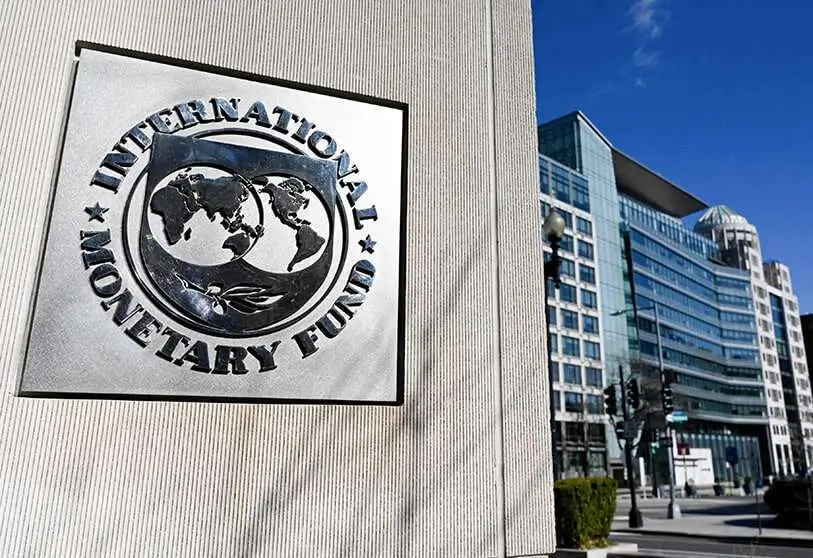El FMI prevé que Marruecos obtendrá un potencial de ingresos fiscales no movilizados del 12% del PIB

Good economic prospects for Morocco. The International Monetary Fund (IMF) expects the Kingdom to be able to mobilise the additional tax revenues that have not been mobilised. The banking institution assures that the share of these revenues in the Moroccan economy, specifically in GDP, is still very low, but despite this, it is expected to improve the economic prospects for growth and social inclusion.
The entity estimates that, within the Maghreb kingdom, the difference between actual and potential tax collection represents 12% of national GDP. Specifically, tax revenues account for 21.6% of GDP, while the IMF assures that the potential can reach 33.8%. Thus, the IMF believes that the government has the opportunity to raise much more revenue. This could be done by bringing tax rates closer to the same levels as the country's economic structures.
For the IMF, Morocco has made significant achievements for its economy. The North African country has a good broadening of the tax base. It is estimated that reforms to the tax system, the revision of personal income tax, value added tax and property taxes could boost revenue collection. Likewise, the IMF argues that reforms to reduce informality and promote economic diversification could help mobilise revenues and thus bring more benefits.

All these benefits could boost a Morocco that has been hit hard by the coronavirus crisis and the recent Russian invasion of Ukraine. In addition, the IMF also predicts that modernising and improving the efficiency of tax administrations would lead to stronger implementation and enforcement of laws, through measures to fight corruption, improve governance and increase transparency. This would boost Moroccans' confidence in the tax system.
This is also reflected in some countries in the Middle East and some in North Africa. Although many countries have been able to broaden their tax base through the mobilisation of additional tax revenues. In these nations, the difference between actual and potential tax collection represents about 14% of GDP.

The issue centres on recent global developments that are causing governments to face pressure to increase spending. As a result, MENA executives are having to increase budgets to protect the poor, lower food and fuel prices, modernise health and education systems, and build resilience to future events that threaten their stability.
Other parts of the world, such as Central Asia, are lagging behind in terms of tax revenue collection. Tax revenues amount to 12.6% of GDP, but emerging countries have an average of 15.3%. The cases of sub-Saharan Africa, Latin America and the Caribbean countries stand out, with GDPs of 15.6 and 17.8%, respectively. According to the IMF, this low level of tax collection can be attributed to a number of reasons such as the use of direct taxes, in particular those related to personal and corporate income. According to the IMF, these are very limited and property taxes are underdeveloped.

"Various indirect levies on consumer goods account for the largest share of tax revenues (excluding oil and gas revenues), but exemptions are common and numerous. Lack of tax compliance and the extent of the informal economy reduce governments' revenue-raising capacity," said Jihad Azour, head of the organisation's Middle East and Central Asia department. Azour says that, according to a study, the elimination of blanket exemptions and inefficient incentives would broaden the tax base. This would make tax systems fair and transparent, leading to a clear improvement in the situation.








